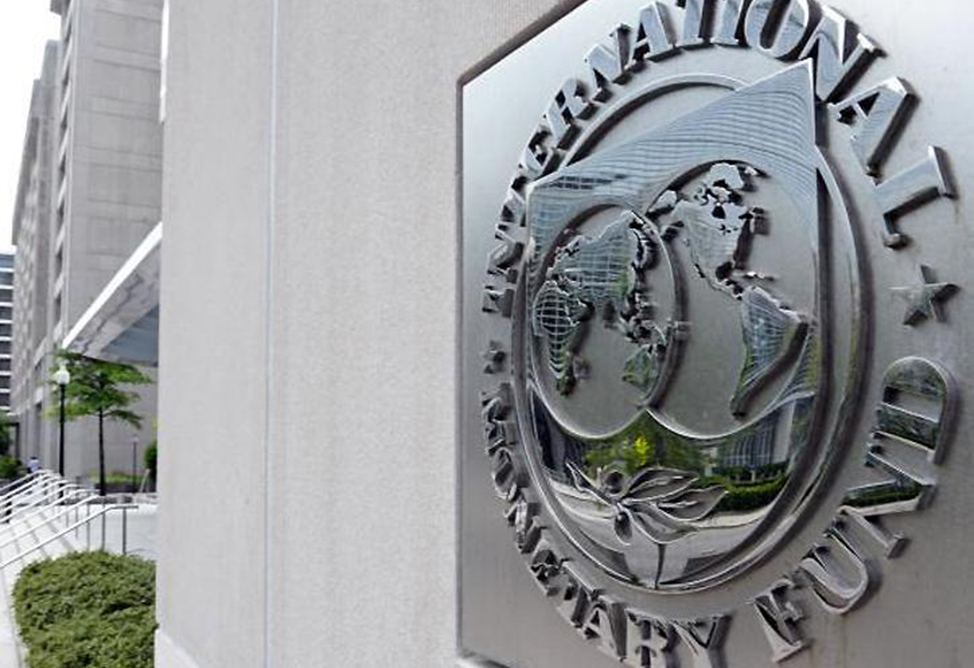Armenia is encouraged by IMF to enhance its economic resilience and promote inclusive growth

YEREVAN, April 28. /ARKA/. Following their visit to Armenia from March 31 to April 10, the IMF team, led by Iva Petrova, emphasized the importance of ongoing structural reforms. The team noted, “The government's initiatives to boost labor force participation among vulnerable groups, broaden the country’s export markets, and enhance corporate transparency and access to finance are commendable.”
Petrova highlighted that to achieve these objectives, it is crucial to effectively and promptly implement strategies focused on employment and exports, while also prioritizing governance reforms and modernizing bankruptcy laws to facilitate quality investments.
Armenian Deputy Economy Minister Narek Hovakimyan recently highlighted that the agency is rolling out several programs and initiatives designed to support exporters. These include assistance with the certification of the origin of goods, a state support program for commercial firms producing economically complex products, and the compensation of customs duties.
He indicated that the export strategy and action plan aimed at addressing global challenges will provide long-term solutions to these issues.
In late December 2024, the Armenian government approved the Employment Strategy for 2025-2031, which primarily focuses on combating unemployment.
Armenian Minister of Labor and Social Affairs Narek Mkrtchyan pointed out that research indicates a portion of the potentially employable population lacks competitiveness and the necessary skills to align with the demands of today's labor market. The strategy specifically targets residents of regional cities, youth who are neither students nor employed, women aged 30-39, and individuals receiving family and social benefits.



